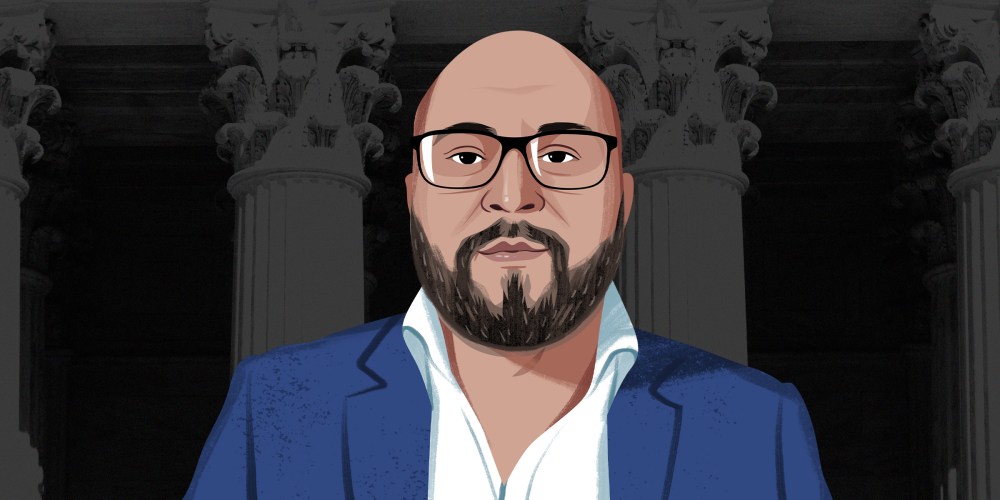“My understanding of the immunity case was that SCOTUS sent the case back to the lower courts to better define the scope of the president’s official responsibilities, for which he would be immune and also activities outside his official responsibilities for which he would not be immune. It seems this issue is still quite open for the justices to weigh in on given the cases underway. Please provide more information on this question.” — DWP
Hi DWP,
This question follows last week’s question about whether the Supreme Court could reverse the Trump immunity ruling on its own initiative. I noted that a new appeal would need to come to the court and that I don’t think the current court majority would change its mind on the subject in any event.
You’re correct that the ruling left open issues to be resolved in the first instance by the trial judge, Tanya Chutkan. She started that process after the justices sent the federal election subversion case back to her. But Donald Trump’s election win cut that process short. The Justice Department moved to dismiss the case after Trump won the 2024 election, due to its policy against prosecuting sitting presidents.
The full scope of the immunity ruling is still very much to be determined, but the prospect of overturning it shouldn’t be expected anytime soon.
So, it’s true that Chief Justice John Roberts’ opinion didn’t fully define what presidential conduct is immune, and it’s also true that the court hasn’t had occasion to revisit the issue since the ruling. But that doesn’t change the reality that we shouldn’t expect the ruling to be reversed anytime soon, even if a new appeal theoretically presents the opportunity.
To be sure, the court may still be called on to apply the ruling. One way that could happen is with the president’s pending appeal of his New York state falsifying business records convictions in the so-called hush money case. When the justices, splitting 5-4, rejected Trump’s attempt to delay his sentencing ahead of his inauguration earlier this year, they noted that “the alleged evidentiary violations at President-Elect Trump’s state-court trial can be addressed in the ordinary course on appeal.”














